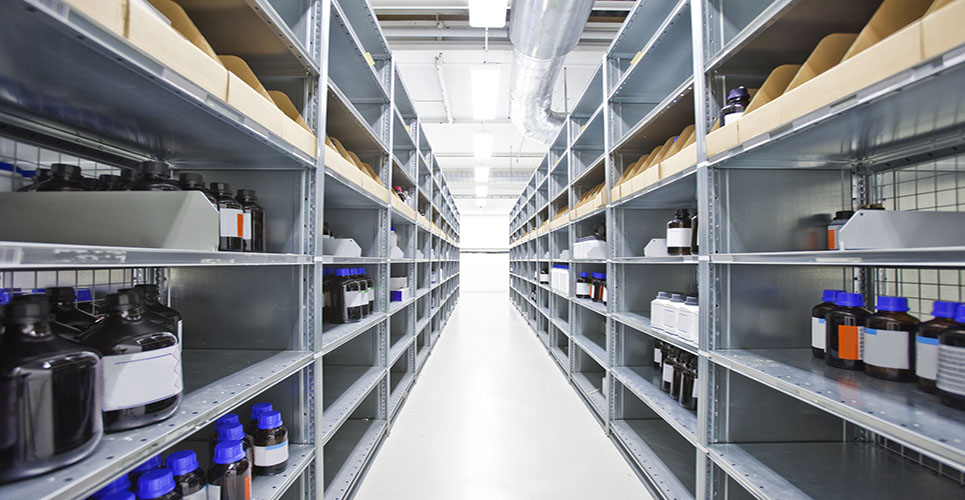Chris Cairns,
Consultant Editor
Working in the UK’s financially constrained health system, I am used to reading about the latest health issues or problems in the papers. However, on my recent family holiday, I realised that these problems are not confined to the UK. We visited the USA, Australia and New Zealand, three of the most affluent countries in the world. In each of them, there were major healthcare issues under public scrutiny.
In the USA, which spends more than any other nation on healthcare, there are major concerns about the one-third of Americans who do not have health insurance. In addition, many more have less insurance than necessary to provide fully comprehensive cover. In fact, on one of our flights, the inflight movie was about a man who uses a gun to hold up a hospital emergency room to force the hospital to carry out a heart transplant on his son. This was after his health insurance company refused to pay for it. The film was allegedly based on a true story. A major issue indeed when taken up by Hollywood and dramatised.
In Australia, I opened the paper one day and read a story about a woman who gave birth in an ambulance in a petrol station. She was in the process of being transferred from one hospital to another 100km away, as the original hospital had no paediatrician due to staff holidays. There were also stories about obstetricians no longer providing obstetric services in private practice because it is impossible to get indemnity insurance.
In New Zealand, there are concerns that the health system is seriously underfunded, and the affordability of new drugs is a major problem, a situation that I can empathise with.
If major economies are having problems providing comprehensive healthcare to their citizens, the problems of being a developing world country or a newly emergent nation must be greater still.
As hospital pharmacists, we do have a choice. We can say our job is to provide medicines and make sure they are used properly, or we can become involved in the debate on what our healthcare system is like and how it provides for our patients. It is a simple choice, of which one option is relatively easy – getting on with what we do best – while the other is more difficult – improving and changing the system, and not just pharmacy. It is not up to me to tell you what to do, but we should all be up to the challenge to ensure that not only do our patients benefit from their treatment, but also that they get the best treatment.
Chris Cairns, Consultant Editor

